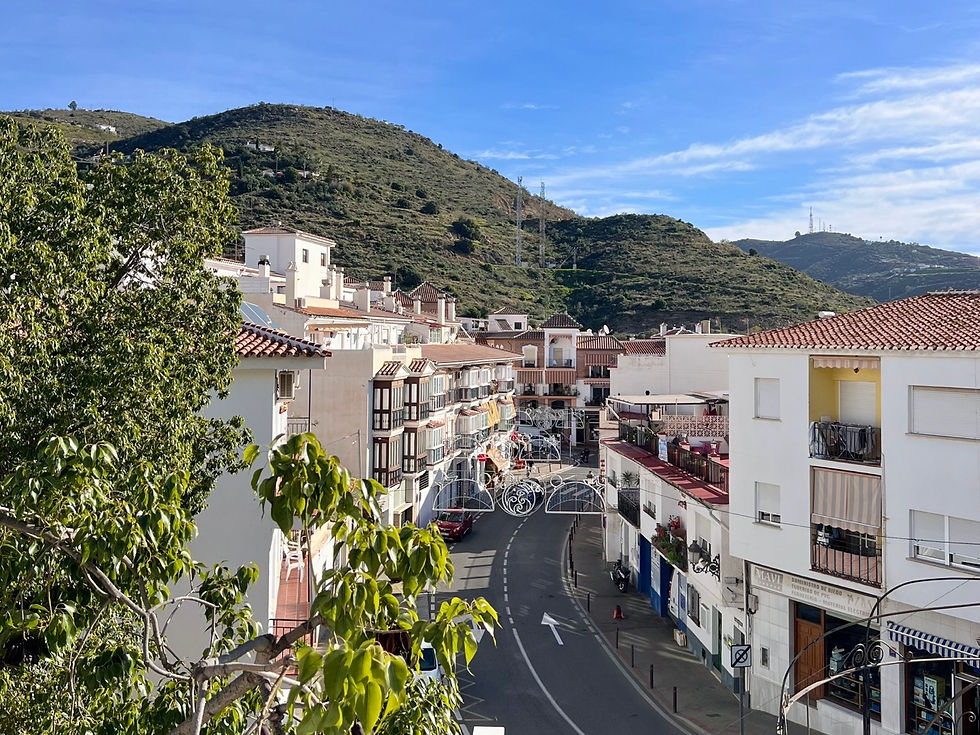Is There a Housing Bubble in Spain? No, Here’s Why
- Jan 14, 2025
- 2 min read
The idea of a looming housing bubble in Spain is on many people’s minds. According to a recent Fotocasa survey, 52% of Spaniards believe that the housing market may be heading toward another bubble. However, experts, including Fotocasa’s research director, Maria Matos, assure us this is not the case. Let’s explore the reasons behind this conclusion in simple terms.

1. What is a Housing Bubble?
A housing bubble happens when property prices rise rapidly to unsustainable levels due to speculation and easy access to credit. When the bubble bursts, prices crash, leaving homeowners and investors in trouble.
2. Why There’s No Bubble Now
Despite rising property prices, several key factors prevent a housing bubble from forming:
Stable Mortgage Conditions: Unlike the 2008 crisis, mortgage lending today is stricter. Banks carefully evaluate borrowers, ensuring they can repay their loans. Without risky lending practices, a bubble is unlikely.
Euribor’s Decline: The Euribor, a benchmark for mortgage rates in Europe, has decreased in recent months, making home loans slightly more affordable. This reduces financial strain on buyers.
Household Savings Are Strong: Spanish households have maintained stable savings levels, which adds resilience to the market. Buyers are not over-leveraged.
Low Property Supply: Spain faces a housing shortage in certain areas, which naturally drives prices up. This is not a sign of a bubble but rather a supply-demand imbalance.
3. Public Perception vs. Reality
The Fotocasa report highlights that while many Spaniards are concerned about rising prices, the percentage of people worried about mortgage conditions has dropped from 78% in 2023 to 71% in 2024. This shift reflects improving confidence in the housing market.
Furthermore, homeownership remains deeply rooted in Spanish culture. Although slightly fewer people prioritise owning a home than before, 68% still view buying property as a good investment. This sentiment supports market stability.
4. What About Renting?
Renting continues to divide opinions. Over half (51%) of Spaniards feel that renting is “throwing money away,” although this perspective is slightly declining. On the other hand, 70% of respondents believe high rental prices make paying a mortgage more worthwhile, especially among younger age groups.
5. Generational Differences
Younger Spaniards (ages 25-34) are increasingly viewing homeownership as a smart financial move. They’re also the group most likely to favor buying over renting, reflecting their desire for stability and investment opportunities. This generation’s participation in the housing market adds further balance.
Conclusion
While concerns about rising prices are valid, Spain’s housing market is far from experiencing a bubble. Strict lending rules, stable savings, and cultural attitudes toward homeownership all contribute to a steady market. For buyers, this means opportunities still exist, even if prices are higher than they’d like. For renters, the decision to buy could be a sound financial choice, especially given high rental costs.
If you’re navigating the Nerja property market, keep these insights in mind. Whether you’re looking to buy, rent, or invest, understanding the market’s fundamentals will help you make confident decisions.



